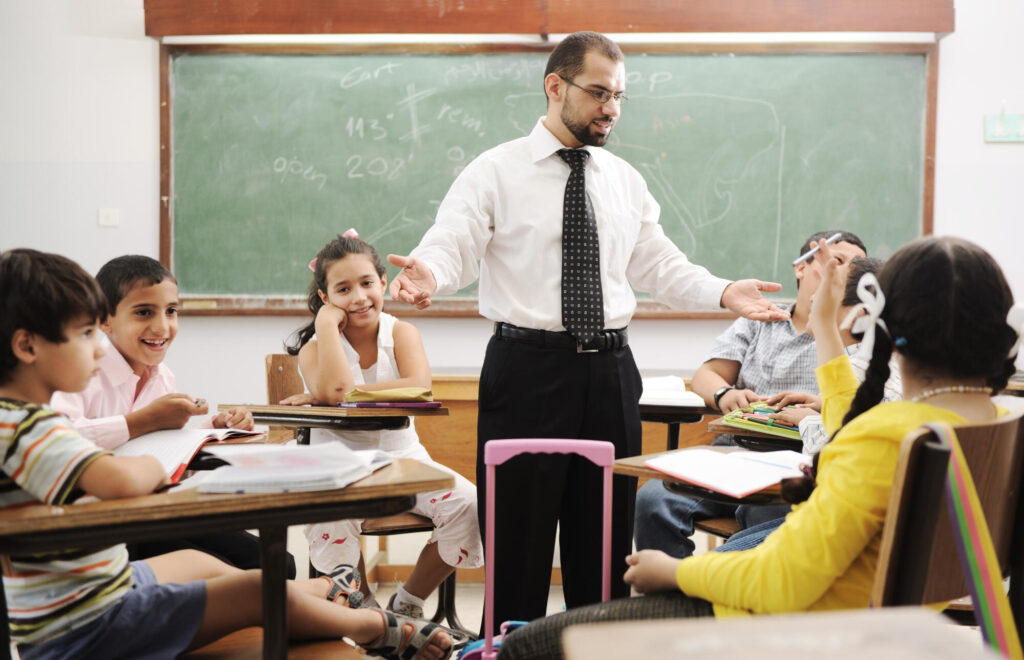For many years, traditional education has helped people learn and grow. It’s built on structure, discipline, and strong values. Students learn facts and skills, but they also learn how to be responsible and respectful.
Even though the world changes fast, these ideas still help guide how we learn today. Let’s take a closer look!
Key Principles of Traditional Education
At the core of traditional education are key ideas that have lasted through the years. These ideas highlight structured learning that builds discipline and focus. Schools often follow set lessons and programs to make sure students gain a full and solid understanding of each subject.
Structure and Routine
One major feature of traditional education is its organized setup. Classes follow regular schedules, helping students build good time management and a sense of responsibility.
This steady routine creates a calm space for learning. Thus, it makes it easier for students to stay focused and avoid distractions.
Discipline as a Core Value
Discipline isn’t just about following rules. It teaches respect, hard work, and self-control.
When students practice discipline, they learn to stay focused even when things get tough. These habits stay with them for life and help them do better in school, work, and personal goals.
The Role of Teachers in Traditional Education
Teachers have a key role in helping students learn in a structured way. They don’t just teach lessons-they guide and inspire students to build good character and values. With their support, students stay motivated, disciplined, and confident as they grow in school and in life.
Academic Foundations and Moral Development
Along with discipline, traditional education focuses on building strong academic skills. Students learn key subjects like math, science, and literature to strengthen their minds. These subjects help them think clearly, solve problems, and understand the world around them.
Strong Academic Curriculum
The lessons are often challenging, but that’s what helps students grow. Each topic builds important critical thinking skills that help students solve problems and understand new ideas. Learning core subjects gives them a solid base for college and future careers.
Moral and Ethical Lessons
Traditional education also teaches right from wrong. Students learn about honesty, kindness, and helping others. By mixing academics with moral lessons, schools help create balanced people who can make a positive difference in their communities.
The Impact of Traditional Education
The values of traditional learning-discipline, structure, and respect still have a big impact today. They build students who are thoughtful, focused, and confident. Schools that keep these values, such as legacytraditional.org, show how strong character and knowledge can go hand in hand.
Embracing Tradition in Modern Education
Even as new teaching methods appear, traditional education still gives a strong base. Structure and discipline help students succeed, even in digital or modern classrooms. When schools mix old and new ideas, students get the best of both worlds-confidence, curiosity, and strong values for the future.
Why Traditional Education Matters
Traditional education helps shape good learners and good people. It reminds us that learning isn’t just about grades-it’s about growing as individuals and helping others. Holding on to these lessons builds a stronger, kinder, and smarter future.
Is this article helpful? Keep reading our blog for more.







